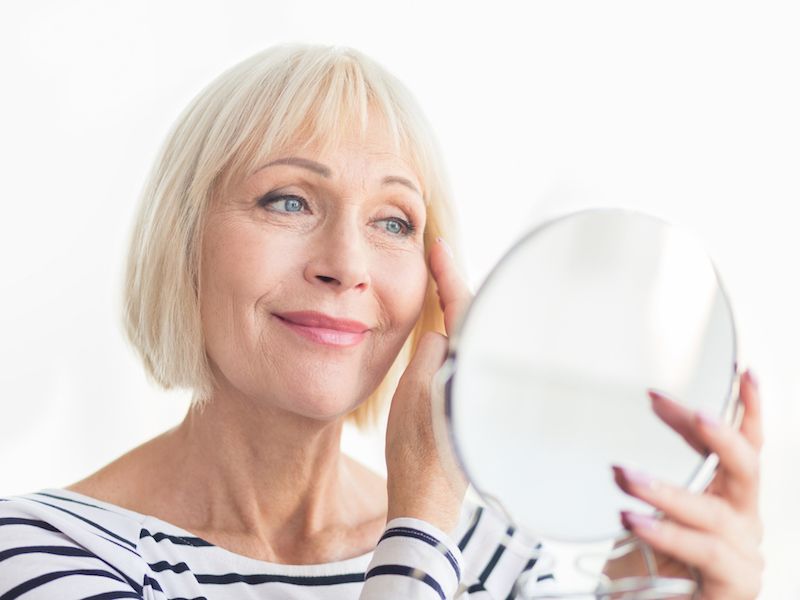
Seems as if we’re constantly trying to stay youthful. We spend countless hours undertaking everything possible to stay young. From specialized diets to fad workout programs to Botox to wrinkle creams. And yet, even with all that effort (and all that time), the one thing that might actually work, we often avoid: using ear protection.
The majority of people most likely think of hearing loss as inevitable as we age. But it’s not that easy. You can keep your hearing in great condition and help prevent damage by safeguarding and taking care of your ears. And great hearing can have considerable anti-aging benefits as time goes by.
Aging And Hearing
When we discuss “aging” we don’t normally mean the actual passing of time. Rather, “aging” usually refers to the appearance of certain emotional, mental, or physical attributes that we associate with getting older. Joint pain is a perfect illustration of this. When your knees begin to hurt, you may associate that with “growing old”. But lifestyle has as much to do with this as does age.
The same will also apply to many types of hearing loss. There’s a build-up of damage as you get older. The accumulation of damage, in most situations, is the real cause of hearing degeneration. And it’s typically downhill from there. Neglected hearing loss has been linked to several other signs of aging:
- The onset of mental problems, including dementia, can often be accelerated by neglected or undetected hearing loss.
- Neglected hearing loss could cause you to self-isolate from family or friends.
- Occasionally, problems like insomnia and loss of memory, can be triggered by the cognitive strain of trying to hear. And, in a particularly intense way, that can cause you to feel like you are aging.
- Depression and anxiety have been shown to have a strong connection to hearing loss.
What to do About Age Related Hearing Loss
When you fight the “signs of aging” in your ears, you’re really placing an emphasis on controlling damage. And it’s fortunate that we can achieve that in a number of ways. Here are a few things you can do:
- Wear hearing protection to work if your job exposes you to loud noise. With modern high quality ear muffs, loud noises are eliminated while voices are still able to be heard with clarity.
- Raise your awareness. You can still have damage to your hearing even if sounds are not painfully loud. Moderate sound for longer periods of time can cause harm to your ears, too.
- Avoid loud noises as much as possible. And when you can’t stay away from high volume locations, wear hearing protection. So make certain you wear earplugs when you go to that rock concert.
Your ears can be protected by all of these actions. But in order to keep your hearing in good condition you can do one more thing: make an appointment with us for a hearing exam. Making certain you get hearing examinations with regular frequency can help you discover hearing loss before it’s even noticeable. You should still get a screening even if your hearing is fine so that you can have a standard to compare against in the future.
Wear Hearing Aids to Keep Your Ears Healthy
The world we live in can be noisy. Your ability to prevent damage is crucial, but you may eventually detect some hearing loss even with your best efforts. You should get help right away if you do notice any symptoms of hearing loss. A good pair of hearing aids can help prevent some of the so-called age-related issues related to hearing impairments.
Hearing aids can assist your hearing to function more youthfully, sort of like a facelift for your ears. And dementia, depression, and other issues can be avoided. This analogy only goes so far since a facelift is cosmetic and hearing aids are essential. Wrinkle creams could help you look younger. But if you really want to fight aging and feel a bit more youthful, your best choice is to safeguard your hearing and deal with your hearing loss.